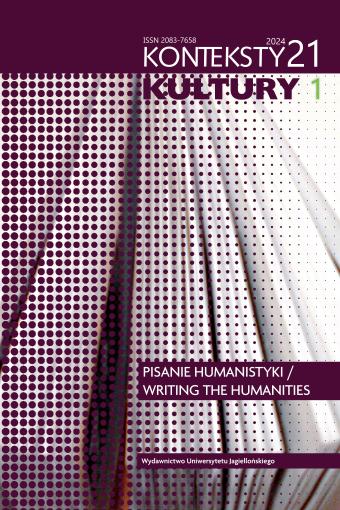Polish Studies and the “Decolonization” Paradigm after Russia’s Invasion of Ukraine
Polish Studies and the “Decolonization” Paradigm after Russia’s Invasion of Ukraine
Author(s): Stanley BillSubject(s): Language and Literature Studies, Russian Aggression against Ukraine, Russian war against Ukraine
Published by: Wydawnictwo Uniwersytetu Jagiellońskiego
Keywords: Polish Studies ; Decolonization; Russia’s Invasion; Ukraine;
Summary/Abstract: Since Russia’s full-scale escalation of its war on Ukraine in February 2022, many Western countries have reassessed their approach to Central and Eastern Europe. The United States has offered massive military support to Ukraine, definitively reversing Barack Obama’s pre-2014 “reset” with Russia – though conflict in the Congress and Donald Trump’s prospective return now threaten this resolve. In Europe, German and French leaders have admitted serious mistakes in past en- ergy dependency on Russia and naivety toward Vladimir Putin’s geopolitical in- tentions. German chancellor Olaf Scholz famously announced a historic “turn- ing point,” or “Zeitenwende,” in Germany’s policy, which would pivot away from Russian fossil fuels to promises of greater investment in defense and unstinting support for Ukraine – with a mixed record of implementation at the time of writ- ing.1 French president Emmanuel Macron has said that France and other West- ern countries of the “old Europe” should have listened to warnings from the “new Europe” – that is, the Central and Eastern European (CEE) states with long his- torical experience of Russia’s regional ambitions.2
Journal: Konteksty Kultury
- Issue Year: 21/2024
- Issue No: 1
- Page Range: 23 - 29
- Page Count: 7
- Language: English

